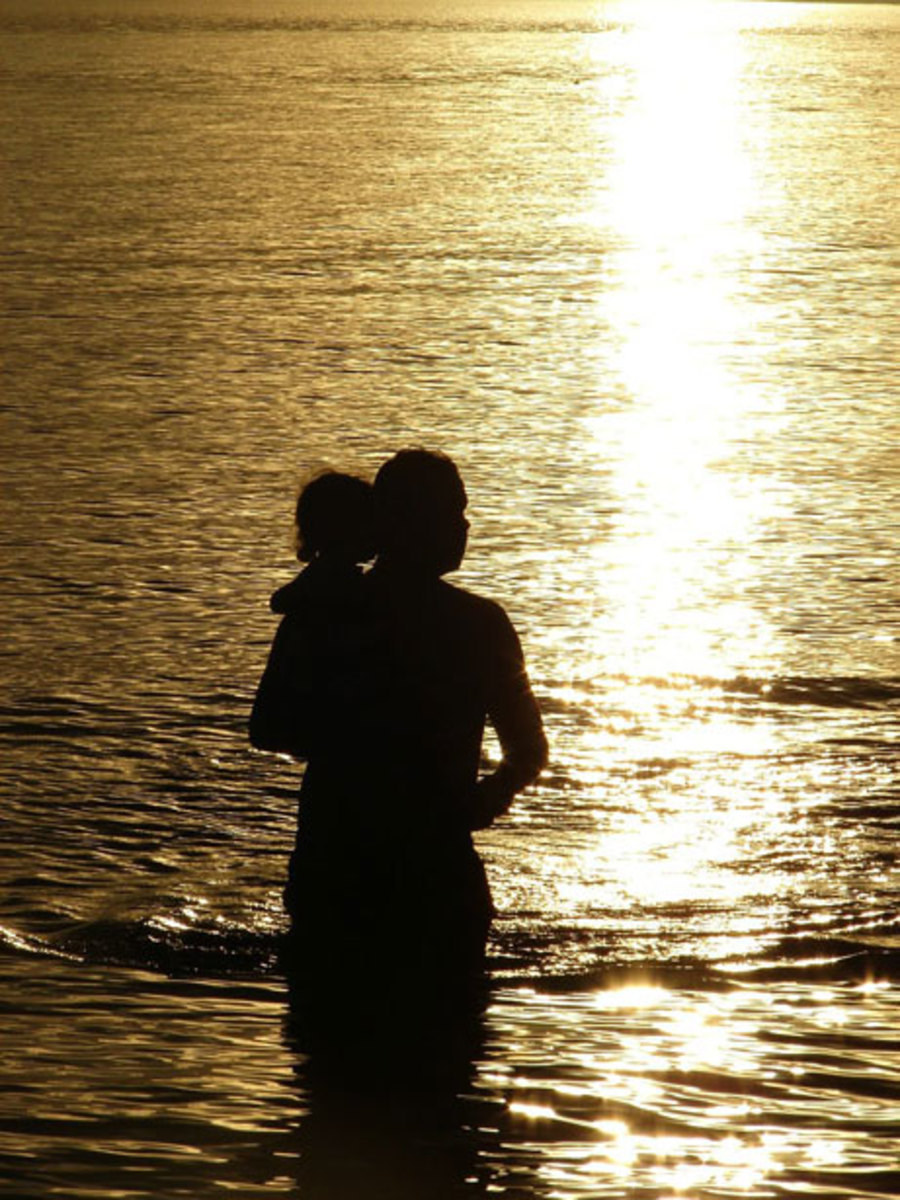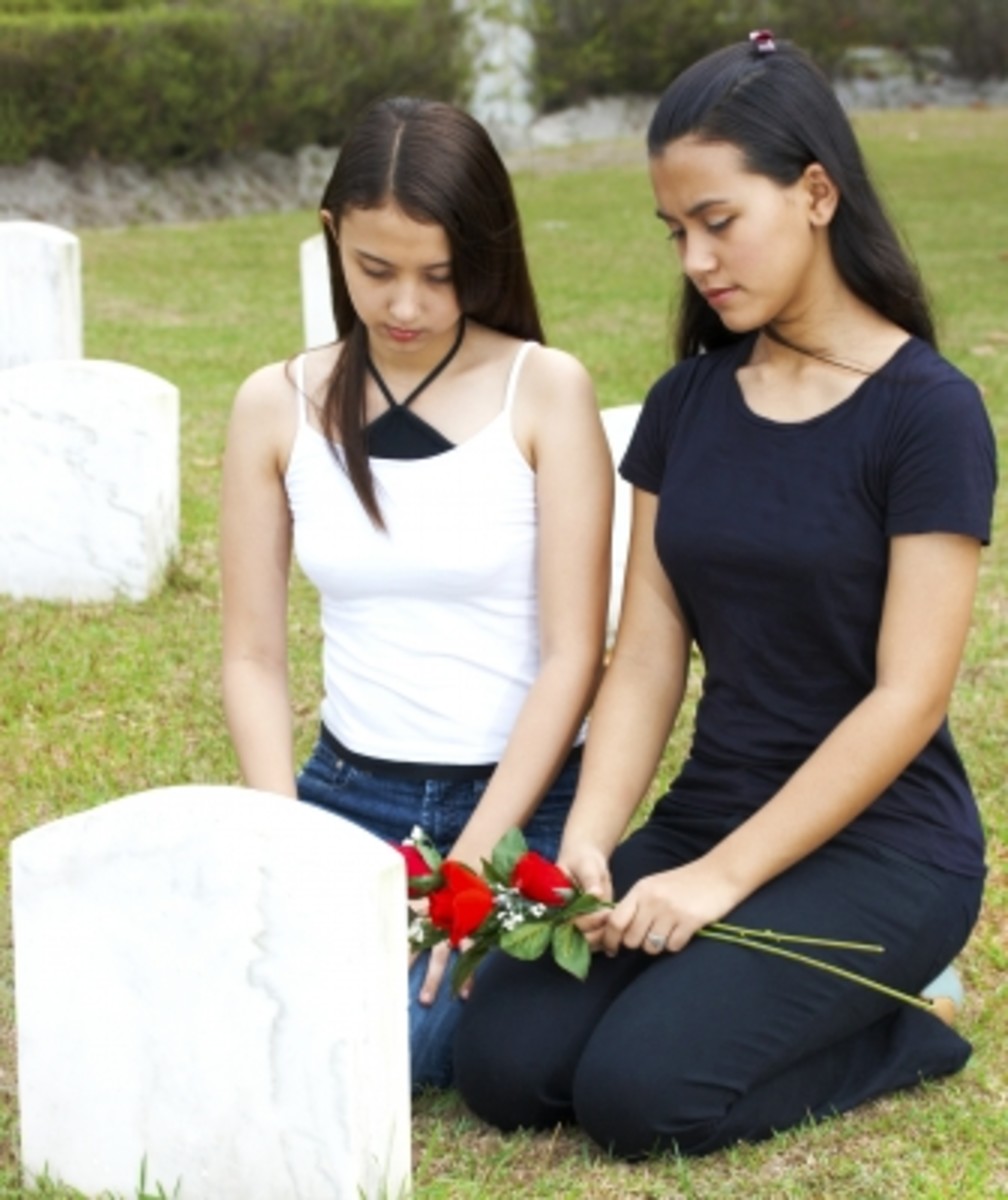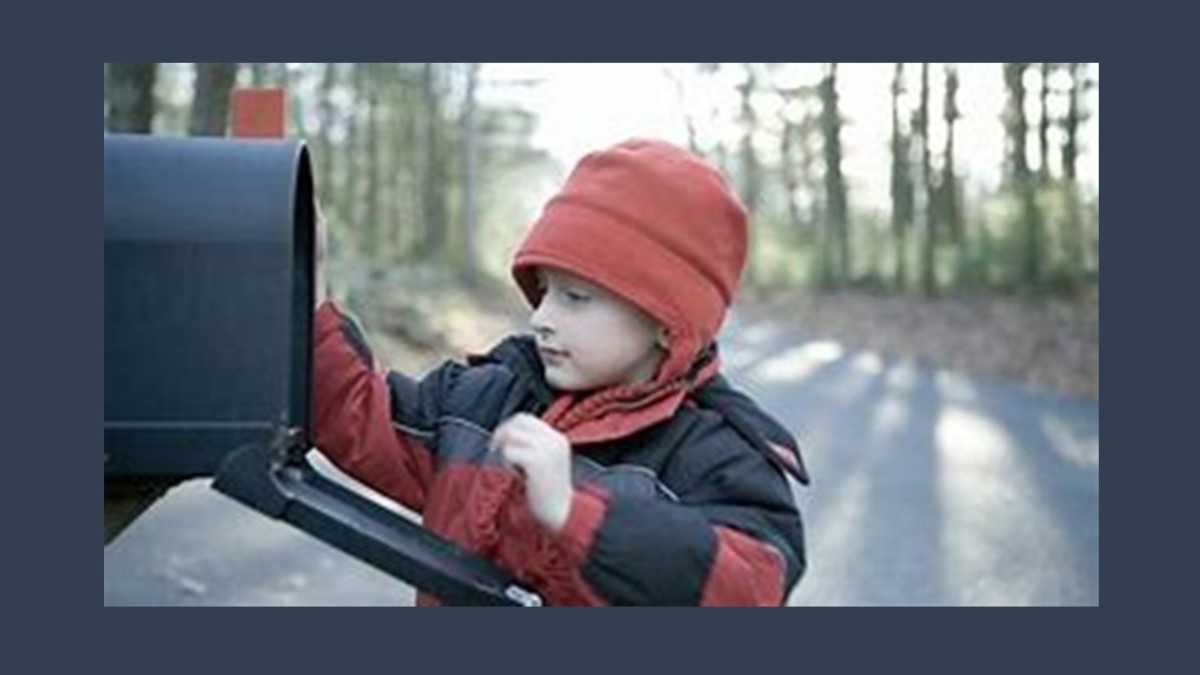Genuine Love-Unconditional Acceptance - What is?
Dependence is not love, jealousy is not love, possessiveness and domination are not love, responsibility and duty are not love, self-pity is not love, the agony of not being loved is not love ...

There is a consensus of opinion that suggests that generally speaking, as a species, we don't really know' what love is and even less what unconditional love looks like and feels like.
Even J. Krishnamurti, in Freedom From The Known, published in 1983, seemed to find it easier to explain what love is NOT.
"When you ask what love is," he wrote, "you may be too frightened to see the answer [ ... ] But if you still want to find out, you will see that fear is not love, dependence is not love, jealousy is not love, possessiveness and domination are not love, responsibility and duty are not love, self-pity is not love, the agony of not being loved is not love, love is not the opposite of hate any more than humility is the opposite of vanity.
So if you can eliminate all these, not by forcing them, but by washing them away as rain washes the dust of many days from a leaf, then maybe you will come upon this strange flower which man always hungers for."
This is all absolutely brilliant thinking but, as an aside, the feminist part of me can't help interjecting that I really wish people such as K. and other great, modern thinkers, even Alan Watts, had thought, back in the 80's, to write "humankind" instead of, just, "man".
What love is not: won't find it in the evening news
Interestingly, from a few thousand years ago, the Book of Isaiah gives another glimpse into what is really needed from us. Instead of assuming that gifts, offerings and prayers will amend our deeds, it is our heart-energy that we have to action - both actively and willingly.
"What care I for the number of your sacrifices? says the LORD. I have had enough of whole-burnt rams and fat of fatlings; In the blood of calves, lambs and goats I find no pleasure. When you come in to visit me, who asks these things of you?
Trample my courts no more! Bring no more worthless offerings; your incense is loathsome to me. New moon and sabbath, calling of assemblies, octaves with wickedness: these I cannot bear.
Your new moons and festivals I detest; they weigh me down, I tire of the load. When you spread out your hands, I close my eyes to you; Though you pray the more, I will not listen. Your hands are full of blood! Wash yourselves clean!
Put away your misdeeds from before my eyes; cease doing evil; learn to do good. Make justice your aim: redress the wronged, hear the orphan's plea, defend the widow. Come now, let us set things right, says the LORD: Though your sins be like scarlet, they may become white as snow; Though they be crimson red, they may become white as wool. If you are willing and obey, you shall eat the good things of the land."
A series of What If clues have been playing on my mind in regards to how dry the river-bed of genuine, non-profit, non-bartered love might really be.
If we did get lashings of unconditional, real love, from the ones in our inner circle why, then, are so many of us disconsolate from the loss of our dog, should it be taken from us by the ex as s/he moves out, or should it be lost to a disease or to old age?
If we did get lashings of unconditional, real love, from those who have been earmarked to give it to us in this lifetime, I assume we would know contentment - inner peace.
But, if we drink to cheer ourselves up when we are sad, tired or disconnected from the moment, why then do we also drink, even if only sociably, when we are happy and have something aMAzing to celebrate?
Might it be because we never feel truly contented, truly at peace with ourselves and truly at peace within our circumstances that we rely on the lovely bubbles in a glass of champagne, the sweetness of a Cruiser or the amber hue of a Jack Daniels to successfully dispel, if only for a moment, the edge of angst that gnaws at our insides?
Do we ever truly feel cocooned and safe, not merely in a moment of physical togetherness but in our day-to-day?
If we feel loved, truly, by our long-term partner, why do we want/expect or demand tangible proofs of love? From whence comes the cyclic impulse to ask, "Do you love me?"
If our teens felt loved, truly, deep down loved, would they be as [often] dramatically susceptible as they are to their peers' thoughtless remarks?
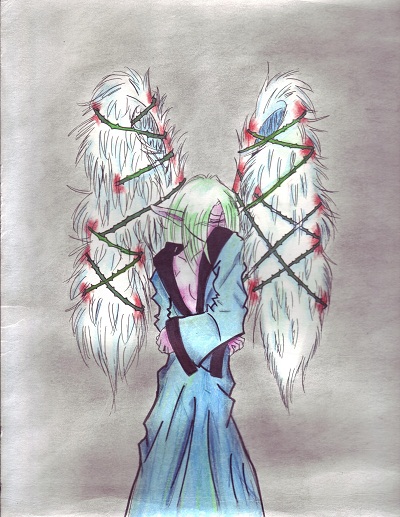

Have You Ever Felt *truly* loved Upon Getting Chocolates or a Diamond?
Why is it necessary to buy, receive or give a bouquet of roses, a heart-shaped box of chocolate, a diamond pendant or a funky sports car or a yacht as a measure of our lover or partner's love - if we already felt genuinely loved - just as we are?
If most of us were giving/receiving heartfelt doses of heart-chakra energy, why has our culture been thriving on love songs, romantic comedies and smaltzy paperbacks from one turn of the century to the next?
When we do read bedtime stories to our children why, in this day and age, are they often of princes and princesses who will, by the last page, live to love each other forever and ever?
Could it be because these texts resonate from our yearning for true love and the calm, contentment that keeps eluding us - as a species?
Why do so many children plead for a bedtime story and another and another?
Is it about the stories themselves or is it about a subconscious yearning for a heartfelt connection that this shared moment of bonding is intended to generate?
When we do read our bedtime stories, yes, we might do the ogre's voice and the rabbit's voice very convincingly but, hand-on-heart, how active is our heart chakra during the reading?
How heart-tuned are we to the child?
If, we, as parents did give true, energetic, love to our little ones why, then, would a piece of blanket or a mangy teddy bear generate such a strong connection with so many children in the early years of their lives?
Even if most of us do humour the child's need for the Blanky or Teddy, sometimes on the advice of psychologists, isn't the very need for the thing a sign that the child is yearning for more of something s/he is not getting?
Why, on the whole, are we awed by the stranger who has risked her/his life to save another's?
Why are we so jollied by on-screen good endings such as the one generated by the character Jackson Curtis in the Sci-fi film 2012?
It is only by digging very deep into selflessness and risking his life many times that the unassuming *little guy* almost single-handedly thwarted the powerful elite's cold-hearted and callous bid for survival to force them to *share* their humongous lifeboats with the thousands of everyday people like ourselves who would have perished in the wake of the disappearing mighty ships.
Fiction it is, but why do we find such fiction heart-warming?
Could it be because subconsciously we *know* that this is heart-chakra stuff as clearly as we know that such demonstrations are not a part of our every-day lives?
A few lines of the still immensely popular iconic song, I Want To Know What Love Is, written by Mick Jones in 1984, provide us with yet another glimpse of our species' yearning for that elusive heart-connection:
I gotta take a little time
A little time to think things over
I better read between the lines
In case I need it when I'm colder
In my life, there's been heartache and pain
I don't know if I can face it again
Can't stop now, I've travelled so far
To change this lonely life
I wanna know what love is
I want you to show me
I wanna feel what love is
We do want to know - we do want to feel what love is.
We do, don't we?
Why Acceptance RULES
It is while on the topic of genuine love for those dearest to us - and our general [in]ability to give the real thing - that we need to look at what true spirituality is about.
If we opt to avoid that path, I just don't see how we can improve our current *personal best*, such as it is, without thinking outside of the square within which we have so far built our emotional life.
I'm into the belief that Spirit is Soul. That works for me as, surely, our bodies must be powered by Soul.
A quick peep behind the doors of any ER will confirm that we, humans, brain cells and enzymes notwithstanding, are but bones, flesh and fluids. Of course, we are animated by our soul! It is from her that comes our humanity.
The nice thing about souls is that they are neither vengeful nor benevolent - these are the alleged attributes of gods. And gods don't cut it for me because, from a distance, they appear far too human with their demands, moods and foibles.

Though through birth and circumstances, I could claim Catholicism as well as Judaism as my religious heritage, I have never practised any form of religion, not even an alternative one and so I can honestly say that, unlike some, I have never been *hurt* while practising my faith.
Basically, my spiritual belief is centred around our soul being an intrinsic part of us - an active energy - that resides in the middle of our chest. And of course, I believe in the inexplicable and overarching power of the Cosmos.
It is only through a connection to Soul - constant pure energy - that, I believe, we can attempt to edit some of the karma that is ours to amend in this lifetime as well as soften the rub of our ordinary, daily life.
Having said that, seeing as our karma is partly inherited from our soul's prior incarnations and partly constructed by ourselves - same as our ego - it will take many more lifetimes before our subsequent incarnations can rectify the deficit - or help the balance tilt the other way.
In the meantime, no effort is too little. Rethinking thinking and understanding better - within a philosophical framework - the meaning of what is happening to us and to those with whom we share moments should be our foremost personal goal.
That, as well as - though it comes uninvited - actively accepting all c.r.a.p. with an open heart, just as readily as we usually accept our moments of joy and pleasure without questioning 'why me'?
For me, the litmus test of genuine spirituality is simply whether, in the moment that is under our feet, we are able to actively accept our stressors, our illnesses, our disappointments and our emotional pain with a heart that is truly open - a heart that dictates *acceptance* to the mind - or not.
When we master the art of Actively Accepting the one we want to love better, we master the love of loving better - if you know what I mean.
If the answer is, "OMG! I'm not a saint! I'm nowhere near!" that's OK because practice makes puuurfect and no genuine effort at altering our heart energy is ever too little.
Baby steps do rock big time!
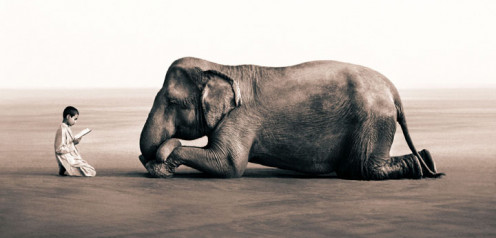
Love is Not Only What We Do
In his novel, Ashes and Snow, published in 1992, Gregory Colbert wrote:
As I lay dreaming, Montezuma waded with me into the Limpopo River.
We crossed through the swirling eddies and shared a sun-baked stone in the middle of the river.
Montezuma said, "You are disoriented. Your journey is in danger of becoming an elaborate flight away from yourself. You are paying too much attention to numbers, compass points, altitudes, tides, temperatures. You are looking for patterns or logic in coincidences. Your movements are mathematical when they ought to be musical. You're doing steps. You still haven't learned how to become the dance.
Remember, a compass and a pen can give you a reading on the lay of the river, but no mechanical instrument can measure the motion of the heart.
Some maps are drawn in melting snow.
By living in your mind, you are draining all the meaning from your miles and rivers. Your heart is a flute, but you are playing it like a drum. A camera is a musical instrument. There is a whole range of octaves you are leaving totally unexplored".
He paused for a long time. I said nothing.
"You are writing and photographing the miles. Are you really living them?"
Still, I said nothing.
"Put away your pen and camera for a while. Prove that you are worthy of the gifts you have been given. Look at the world through the lens of your own eyes.
Then you will be ready to navigate in the spirit of birds. And know that one day, when you have crossed your last river, you will stand before an elephant who will measure the value of your life not by how many miles you have travelled and how much you have seen, but rather by how much you have loved."
--
Copyright 2012 by C.C. Saint-Clair



